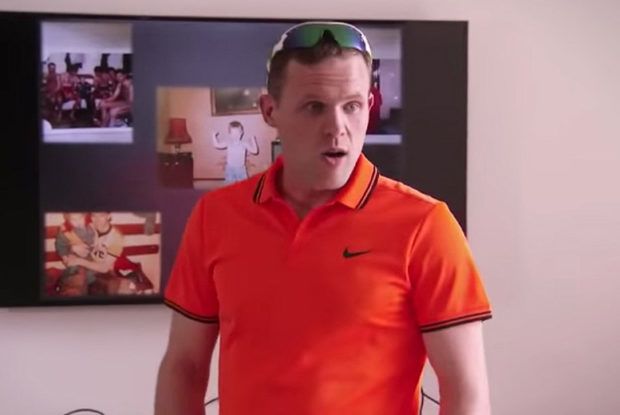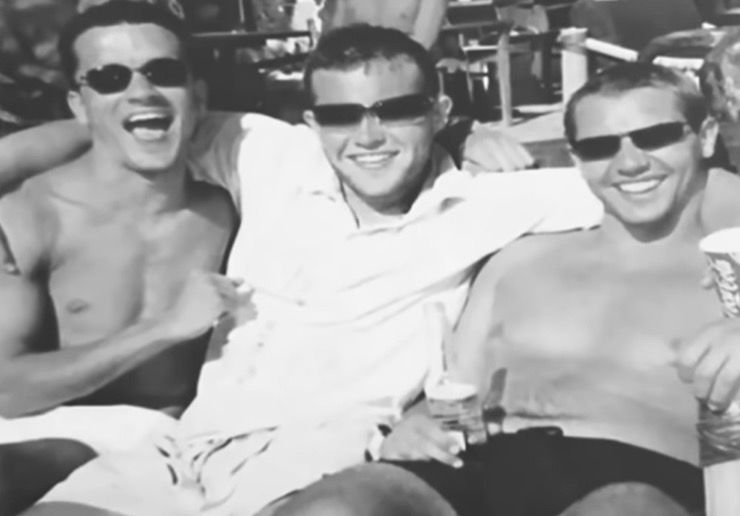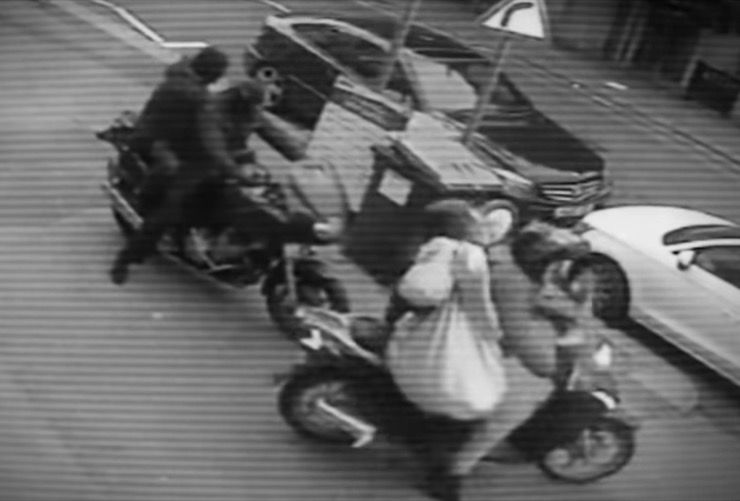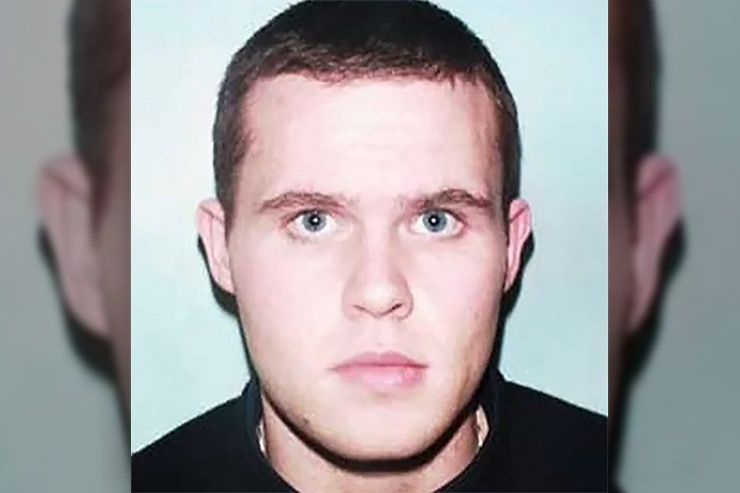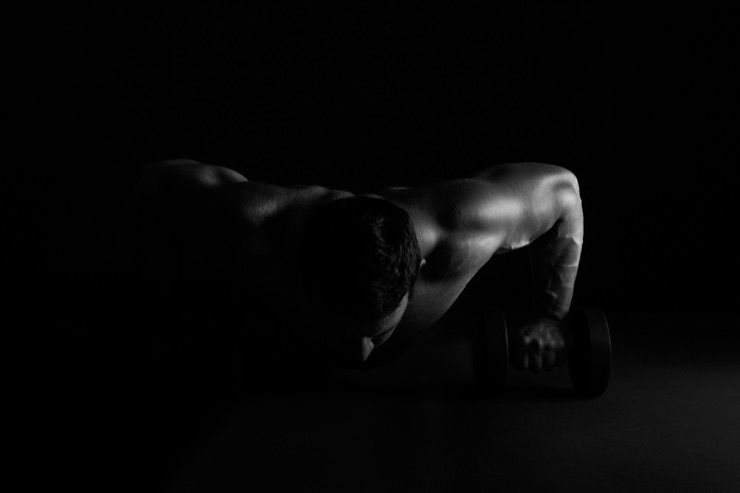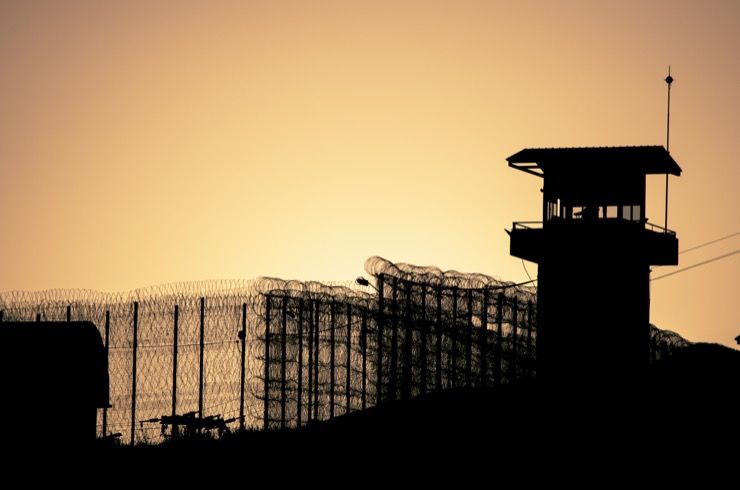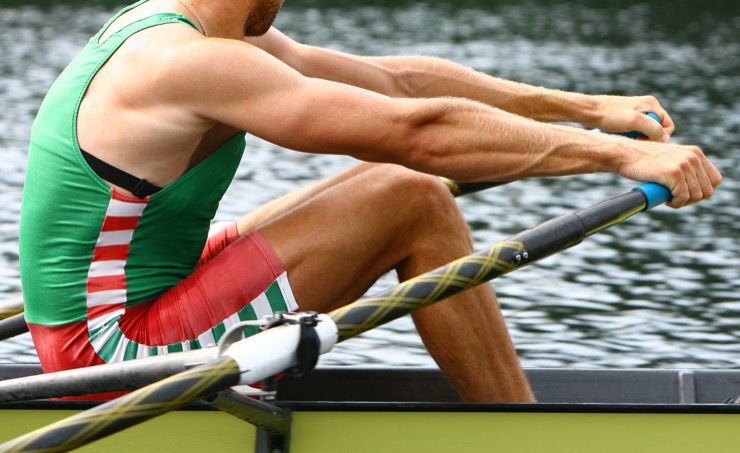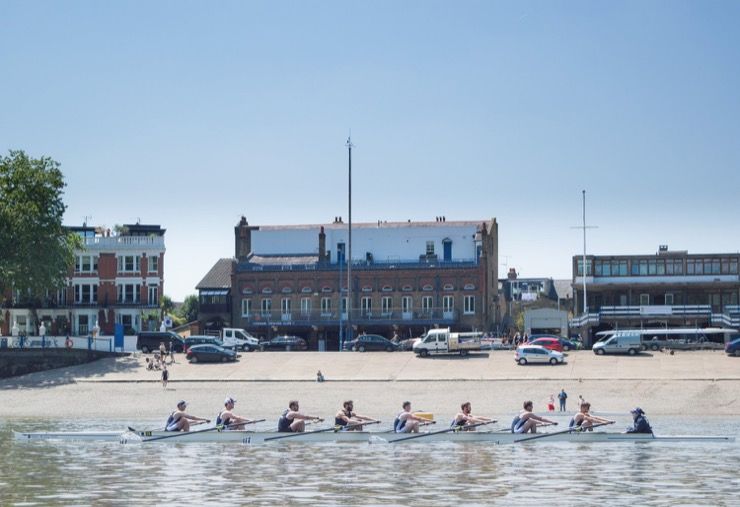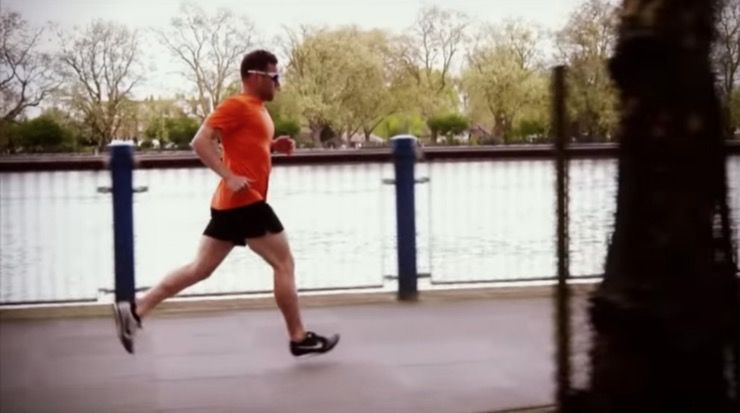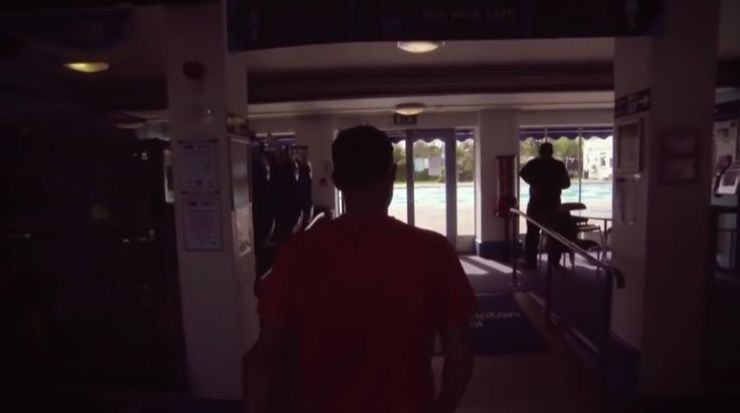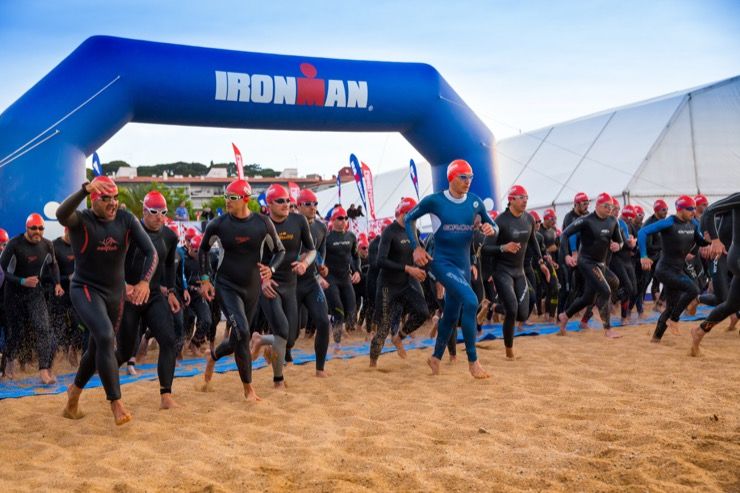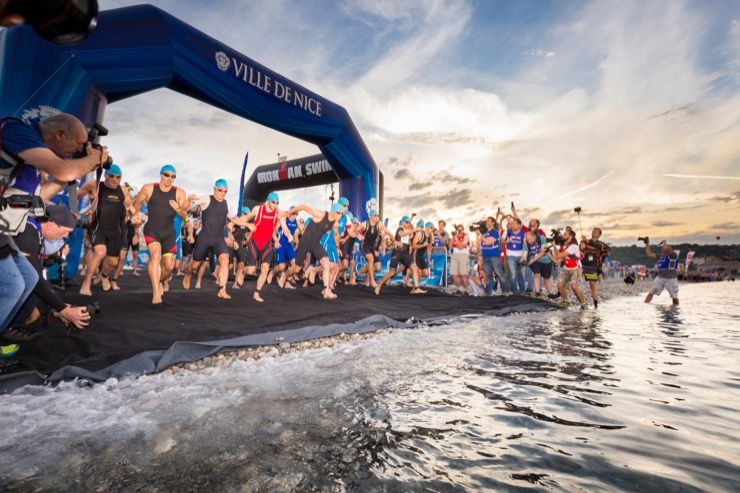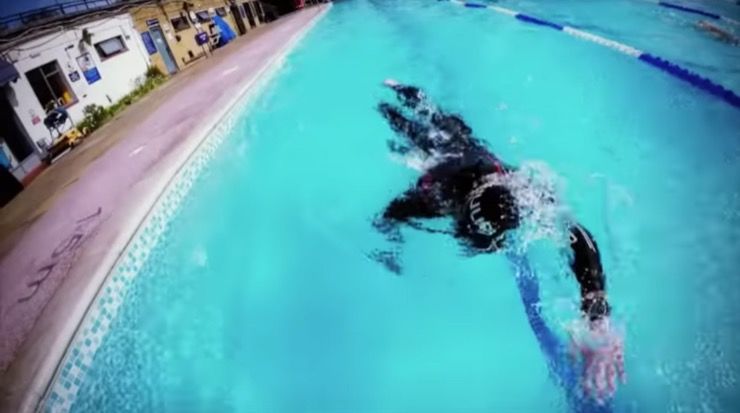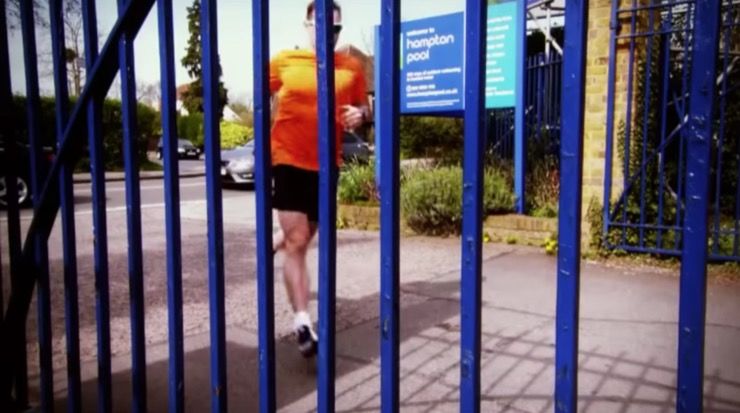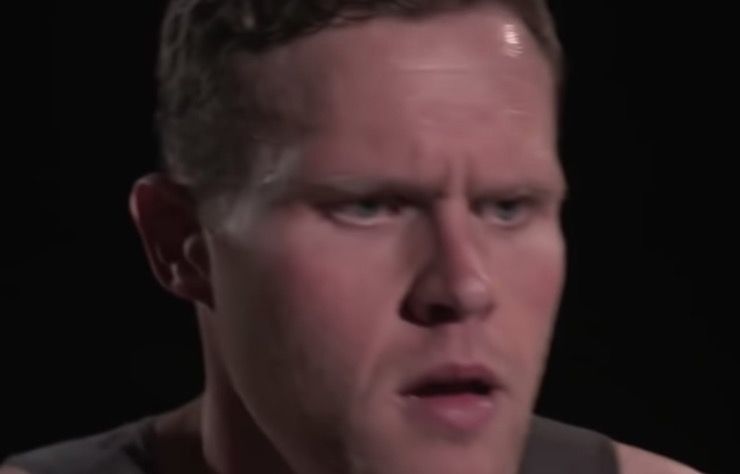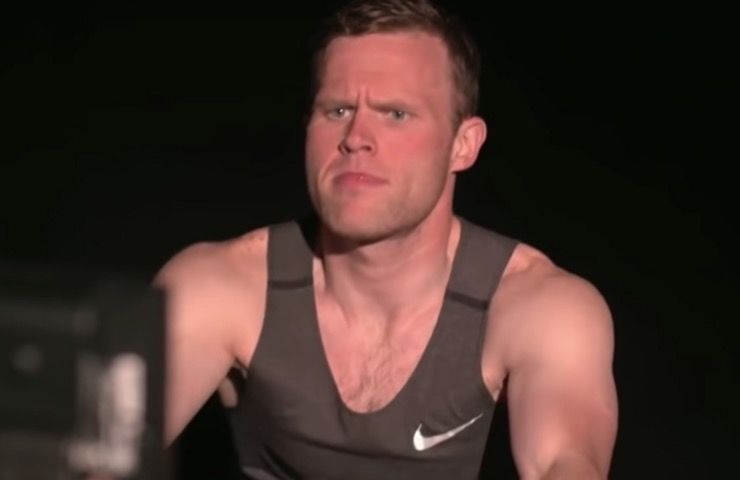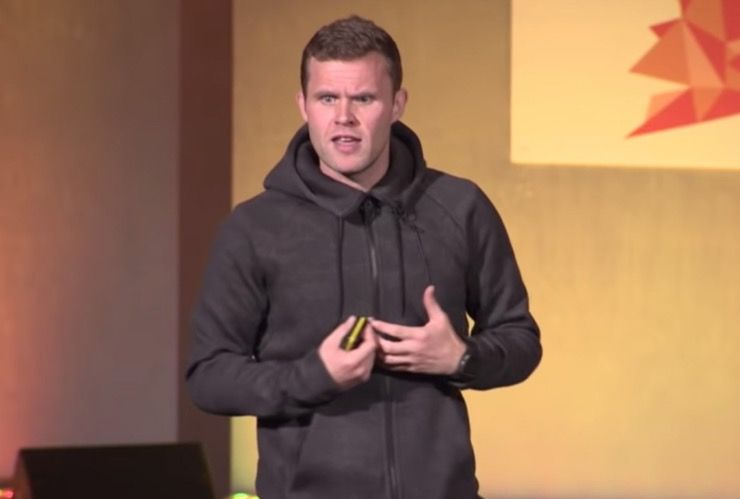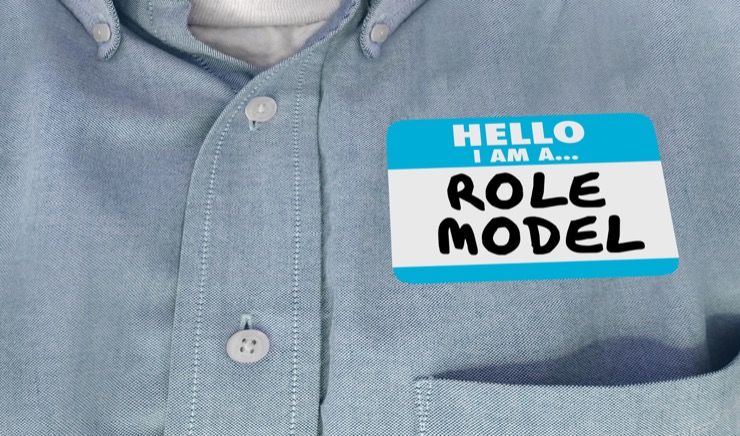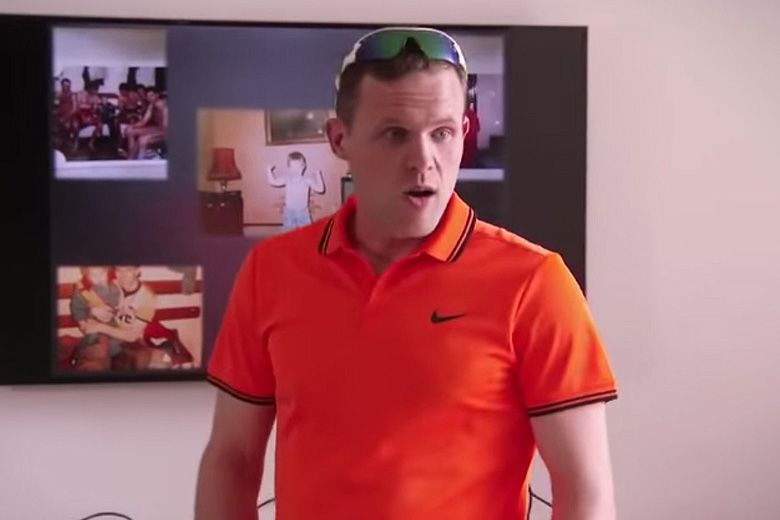Having been born into organized crime, John McAvoy’s uncle was a member of the Brink’s-Mat robbery gang, while his stepfather was a prolific armed robber who had also seen jail time. By the age of 16, McAvoy was pointing loaded weapons at security vans across London, carrying on his family’s tradition of a life of crime.
By the age of just 18, McAvoy was handed a five-year sentence for armed robbery and having served two of the five came out determined to be an even bigger criminal. In his own words: “No one forced me to do anything. I take full responsibility… But I didn’t just want to be a criminal; I wanted to be the best there is.” But time behind bars ended up transforming this man’s life for the better, and he even broke some world records along the way.
Life of Crime
Soon after his early release from jail for good behavior, McAvoy was living the high life on the “Costa del Crime.” That’s the name given to British people involved in crime who live the high life on the Spanish coast to avoid the long arm of the British law. McAvoy returned to London for a friend’s birthday party at one point, and that’s when he got recruited for a massive heist that was being planned.
Set Up
Unbeknownst to McAvoy, his partner in the heist was being tracked by the Flying Squad (British special agents), and both men were caught. This time, McAvoy was sentenced to life in prison for conspiracy to commit armed robbery as he proudly followed in his stepfather’s criminal footsteps. Due to his family connections and history of crime, McAvoy was sent to Belmarsh, a high-security unit where he served time alongside some of the world’s most wanted criminals and terrorists.
Exercise Yard
During his first few days at Belmarsh, it suddenly dawned on him that only he and six other men were walking around the exercise yard. As McAvoy explained according to a report in The Telegraph, “Gradually it dawned on me who they were. … One was Abu Hamza, and the others were the guys who were in there for trying to blow up the tube, the 21/7 lot. That’s when I properly realized how much trouble I was in.”
Feelgood Hormones
Facing life in prison is a tall order for just about anyone, and even for the most seasoned of criminals. It wasn’t long before McAvoy became obsessed with exercise, due to the “feelgood hormones” they released in him. He started doing what’s known as “cell circuits,” and that included a thousand press-ups, a thousand step-ups, and a thousand burpees every day. But as McAvoy explained: “The feelgood hormones made me feel alive.”
Good Behavior
McAvoy had turned over a new leaf of sorts and was released from Belmarsh after serving just two years for good behavior. He was then sent to a normal prison facility in York, and that’s where he would hit the gym as often as possible. “That’s when I first realized my capabilities,” he said. “I had no interest in sport, never did any as a kid, I didn’t know what was good, what was bad. They’d have fitness competitions at the prison, and no one could get near me. I started to get a reputation as being the fittest prisoner in the system. I liked that.”
Bad News
McAvoy’s said that he planned to ride things out in York until he could find his way to an open prison. His intention was then to escape and to abscond back to Spain to carry on his criminal career. But that all changed some five years into his sentence when he saw on TV that his best friend had been killed in a car crash following a robbery. It was that TV clip which changed the path of McAvoy’s life.
Can’t Do This
As McAvoy explained: “They had CCTV footage of him committing the robbery. He had a scarf over his face, but I could tell it was him because of his eyes. I’m watching the last moments of my best mate’s life. And something clicked in my head. I thought I can’t do this anymore. What have I done with my life? From 17 to 27 I’ve sat in prison. I’ve got nothing to show for myself.”
Change of Plan
By the time McAvoy made it to an open prison facility for good behavior his plans had changed significantly. He no longer wanted an opportunity to escape, and all he wanted to do was to train more and more to become a world-record breaking rower. Soon after, McAvoy smashed the British record for rowing the marathon and then broke the world record for distance rowed in 24 hours.
London Rowing Club
The day after he was finally released from prison McAvoy found himself at the London Rowing Club in Putney. McAvoy was surprised when he was accepted with open arms to the club, despite his criminal history. “I had the preconception this would be elitist, they’d look down on me. What happened, when I first came they embraced me,” he said.
New Friends
McAvoy went on to explain that his whole social circle changed overnight soon after he joined the rowing club. “My social circle changed overnight, from villains to sports people. Everyone was so helpful, guys who’d rowed at Cambridge giving me time, blokes who’d won at Henley helping me on the water, Alex Gregory who went to the Olympics helping me in the gym.”
New Job
Having a normal job and earning an honest living was a new concept for McAvoy. He took a job as a personal trainer and recalled that it felt good to earn some honest money, even if it wasn’t in the millions. But McAvoy admits that he was too old by this stage to become an Olympic competitor for team GB. “The fact was I’d took it up too late,” he said. “If you’re not in the GB system by 23, you’ve no chance. What I want to be is a professional sportsman at elite level. I had no chance in rowing.”
Iron Man
The Ironman Triathlon is a competition organized by the World Triathlon Corporation. It consists of a 2.4-mile swim, a 112-mile bike ride, and a 26.22-mile run. All those legs take place back-to-back without a break, making it one of the most difficult one-day sporting events in the world; just perfect for a man like McAvoy.
New Skills
Having had a challenging childhood, McAvoy had never learned to swim nor could he ride a bicycle. But these were minor considerations for him and just six weeks after deciding he wanted to be an Ironman, McAvoy was a proficient swimmer and cyclist. He completed his first Ironman event soon after inside just 11 hours.
Making Progress
McAvoy trained hard for two years since his first Ironman event and drew ever-closer to the world record (7 hours and 45 minutes) with each attempt. But as McAvoy cannot take part in the US event held in Hawaii due to his criminal past, he told reporters that he wanted to become the best athlete in Europe. He wakes up at 4:30 am daily to train to achieve that life goal.
Want it Bad
McAvoy explained that he doesn’t intend to give up until he achieves his athletic goals. “I won’t give up until I’m there,” he said. “I want it so bad for all those years of lost life.” But he also has another point to prove, and that’s the message of the positive power of sport. That’s a message that McAvoy feels extremely strongly about.
Channeling Energy
“It’s not just that it gives you focus, gives you goals, channels your energy, though that’s important,” McAvoy said. “But also it is such a supportive environment. When the rowing people found out about my past, the response was incredible. It was humbling. That’s what I’m trying to do. Course it’s for me as well, but actually, I’m doing it for everyone who believed in me.”
Steely Resilience
For his part, McAvoy puts his athletic successes down to being incarcerated for more than ten years. “I remember a prison officer saying to me after I’d broken the world indoor rowing record when I was still inside: ‘You know what John, you’ve got a gift. You’re not only fit, but you can also suffer. That is a powerful mixture’,” he recalled. McAvoy even acknowledged that sport had saved his life.
Lifesaver
McAvoy’s story is a remarkable one of resilience and courage. While most people assumed that this man would live and die in prison, he decided to change all that for the better. “If I’d carried on as I was I’d be dead,” he said. “Or they’d have banged me up and thrown away the key, which is the same thing. Sport saved my life.”
Hard Life
McAvoy’s remarkable story proves that anyone can achieve anything no matter what their situation. His father died just a month after he was born and when he was eight years old, his mother met a man called Billy Tobin. Tobin, a larger than life character, transformed the family’s life, but not for the better. “Billy was rich. Billy had everything,” McAvoy said. But McAvoy admired his new stepfather a little too much.
Role Model
McAvoy explained about Tobin: “He was always dressed immaculately, and had money, cars, and property. I idolized him. He was the person I wanted to be when I grew up.” At that time, McAvoy didn’t care that Tobin had just been released from prison having served time for armed robbery. Tobin was the father figure he had lacked for so long.
Looking Up
Tobin took McAvoy to some of London’s finest establishments to meet and socialize with his criminal buddies. He had no idea who these men were but just felt so at home with them that he didn’t care. “It’s amazing how your whole life can be completely warped by the people who are around you and influence you,” McAvoy said. “I looked up to these men because I had no alternative. They were my role models, and I wanted to be like them. I knew nothing different.” Although influences like his grandfather and Tobin glamorized a life of crime, they also helped land him in jail. It was only inside a cell that McAvoy discovered something new: sport. And it changed his life forever.
